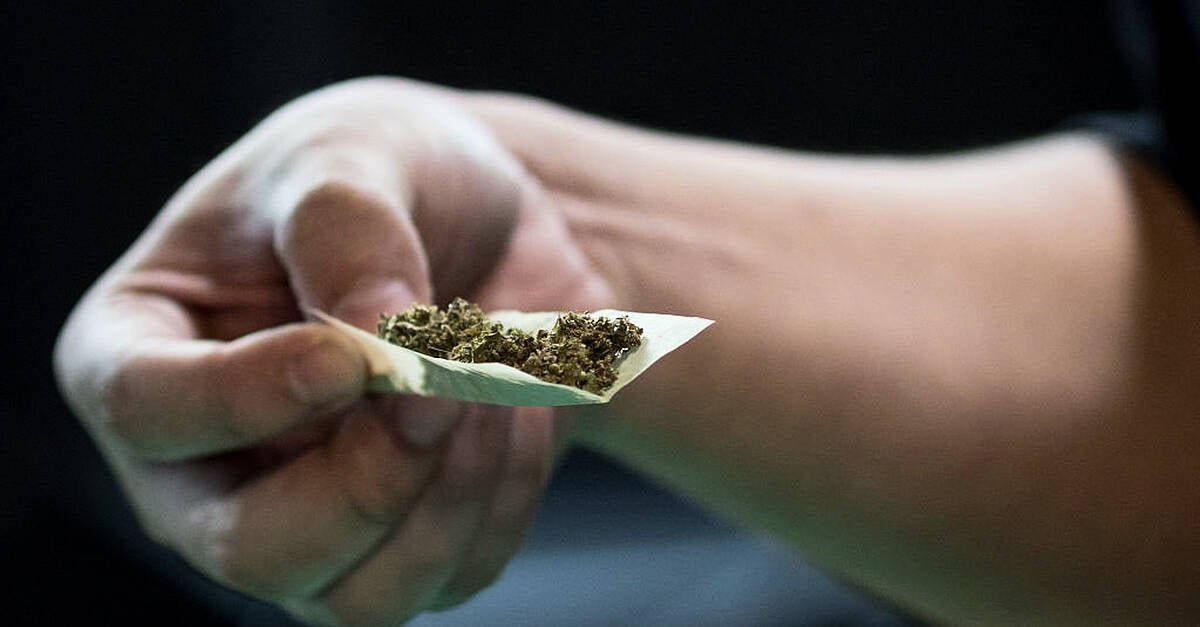State-licensed medical cannabis products are increasingly becoming available to patients across various states, with new regulations and legislative changes facilitating broader access and variety in therapeutic options. Recent reports show that more than 35 states in the U.S. have established medical cannabis programs, allowing patients with qualifying conditions to obtain licensed products legally.
As of late 2023, the market for medical cannabis in the U.S. is expected to surpass $10 billion, driven by a growing acceptance of cannabis as a treatment option for conditions such as chronic pain, epilepsy, and anxiety disorders. Many states are expanding their medical cannabis lists to include more conditions, thereby increasing the number of eligible patients.
States like California and Florida are leading the way with comprehensive medical cannabis programs. In California, over 1 million patients are registered for medical cannabis, while Florida has seen rapid growth, with more than 600,000 patients registered as of October 2023. This surge reflects a broader trend in which more patients seek alternatives to traditional pharmaceuticals.
The types of products available under state licensing include oils, tinctures, edibles, and topical applications, catering to diverse patient needs. For instance, patients seeking relief from chronic pain may opt for high-THC oils, while those looking for anxiety relief might prefer high-CBD products with minimal psychoactive effects.
Moreover, as the industry matures, state regulation aims to ensure product safety and consistency. Quality testing is mandated in several states, where laboratory analysis verifies cannabinoid content and checks for contaminants. This regulatory framework helps build trust among consumers and healthcare providers.
The continuous evolution of state-licensed medical cannabis products also reflects a growing body of research supporting their therapeutic potential. Clinical studies have shown that cannabis can effectively reduce nausea in chemotherapy patients and alleviate symptoms in individuals with multiple sclerosis. As research progresses, further evidence is likely to inform product development and regulatory standards.
Overall, the landscape for state-licensed medical cannabis products is expanding rapidly, enhancing patient access to a variety of treatment options and contributing to the overall growth of the cannabis industry. With ongoing legislative support and increasing public acceptance, the future of medical cannabis looks promising.




